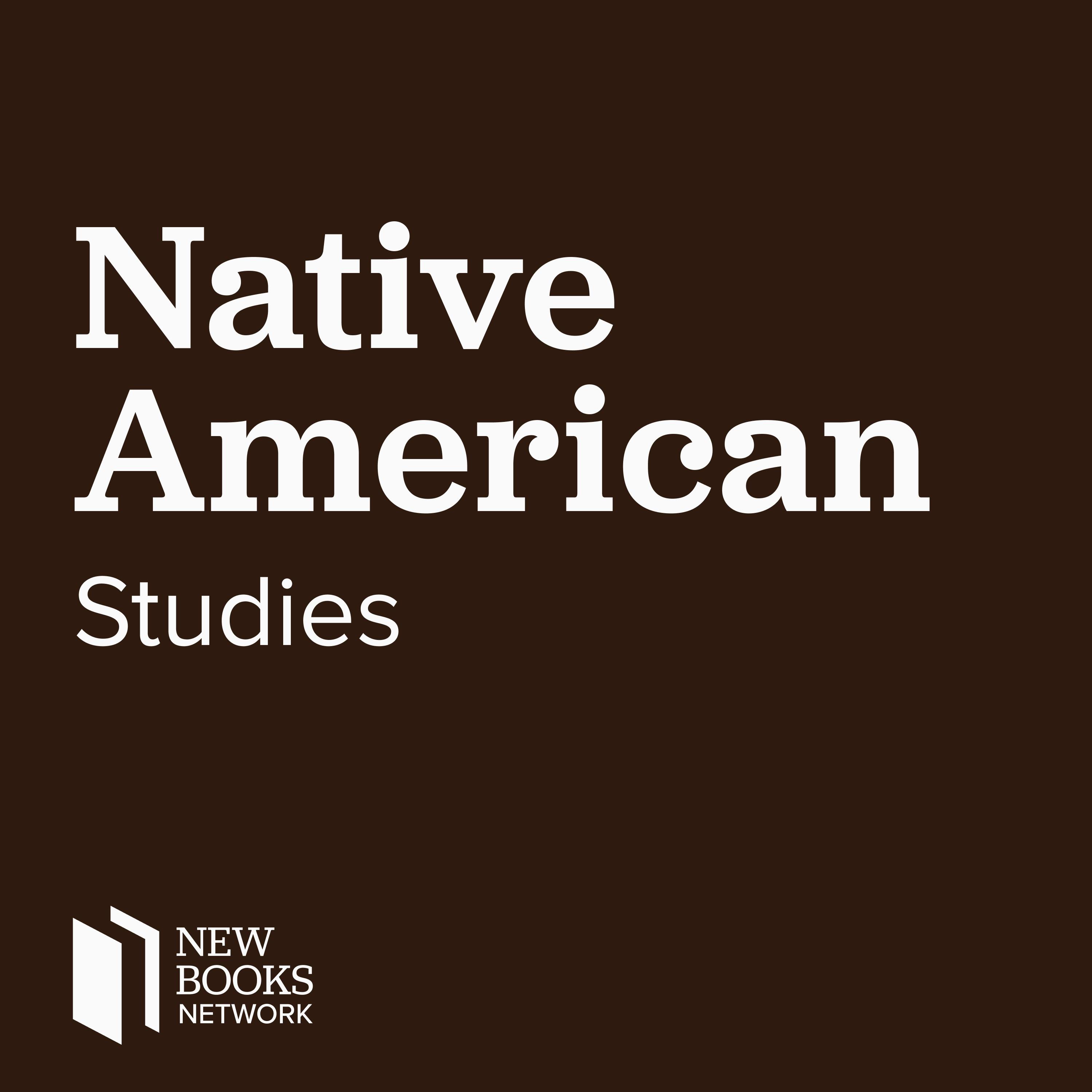Alfred Peredo Flores, "Tip of the Spear: Land, Labor, and US Settler Militarism in Guåhan, 1944–1962" (Cornell UP, 2023)
Description
In Tip of the Spear: Land, Labor, and US Settler Militarism in Guåhan, 1944–1962 (Cornell University Press, 2023), Dr. Alfred Peredo Flores argues that the US occupation of the island of Guåhan (Guam), one of the most heavily militarised islands in the western Pacific Ocean, was enabled by a process of settler militarism. During World War II and the Cold War, Guåhan was a launching site for both covert and open US military operations in the region, a strategically significant role that turned Guåhan into a crucible of US overseas empire. In 1962, the US Navy lost the authority to regulate all travel to and from the island, and a tourist economy eventually emerged that changed the relationship between the Indigenous CHamoru population and the US military, further complicating the process of settler colonialism on the island.
The US military occupation of Guåhan was based on a co-constitutive process that included CHamoru land dispossession, discursive justifications for the remaking of the island, the racialization of civilian military labour, and the military's policing of interracial intimacies. Within a narrative that emphasises CHamoru resilience, resistance, and survival, Dr. Flores uses a working class labour analysis to examine how the militarization of Guåhan was enacted by a minority settler population to contribute to the US government's hegemonic presence in Oceania.
This interview was conducted by Dr. Miranda Melcher whose new book focuses on post-conflict military integration, understanding treaty negotiation and implementation in civil war contexts, with qualitative analysis of the Angolan and Mozambican civil wars.
Learn more about your ad choices. Visit megaphone.fm/adchoices
Support our show by becoming a premium member! https://newbooksnetwork.supportingcast.fm/native-american-studies
More Episodes
In Cattle in the Postcolumbian Americas: A Zooarchaeological Historical Study (University Press of Florida, 2024), Nicolas Delsol compares zooarchaeological and material evidence from sites across Mesoamerica and the Caribbean to show how the introduction of cattle, beginning with imports by...
Published 10/28/24
The Shawnee leader Tecumseh came to prominence in a war against the United States waged from 1811 to 1815. In 1805, Tecumseh's younger brother Lalawethika (soon to be known as "the Prophet") had a vision for an Indian revitalization movement that would restore Native culture and resist American...
Published 10/14/24
Walls profoundly shape the spaces we live in and the places we move through, impinge on our everyday lives, and entangle power relations, identity, and hierarchies. Walled-In: Arctic Housing and a Sociology of Walls (Lexington Books, 2024) explores these effects in the context of Arviat,...
Published 10/11/24


